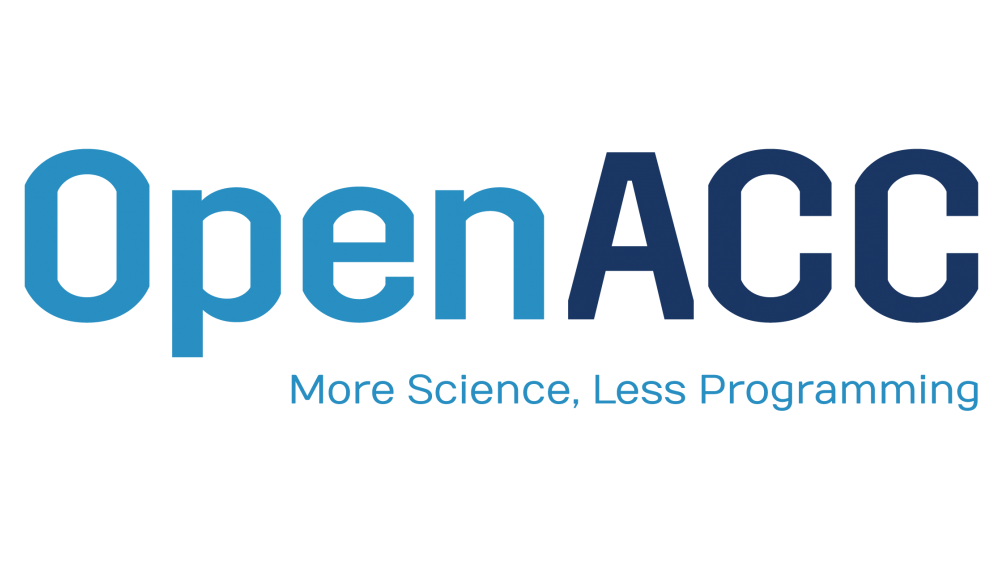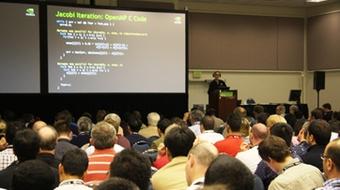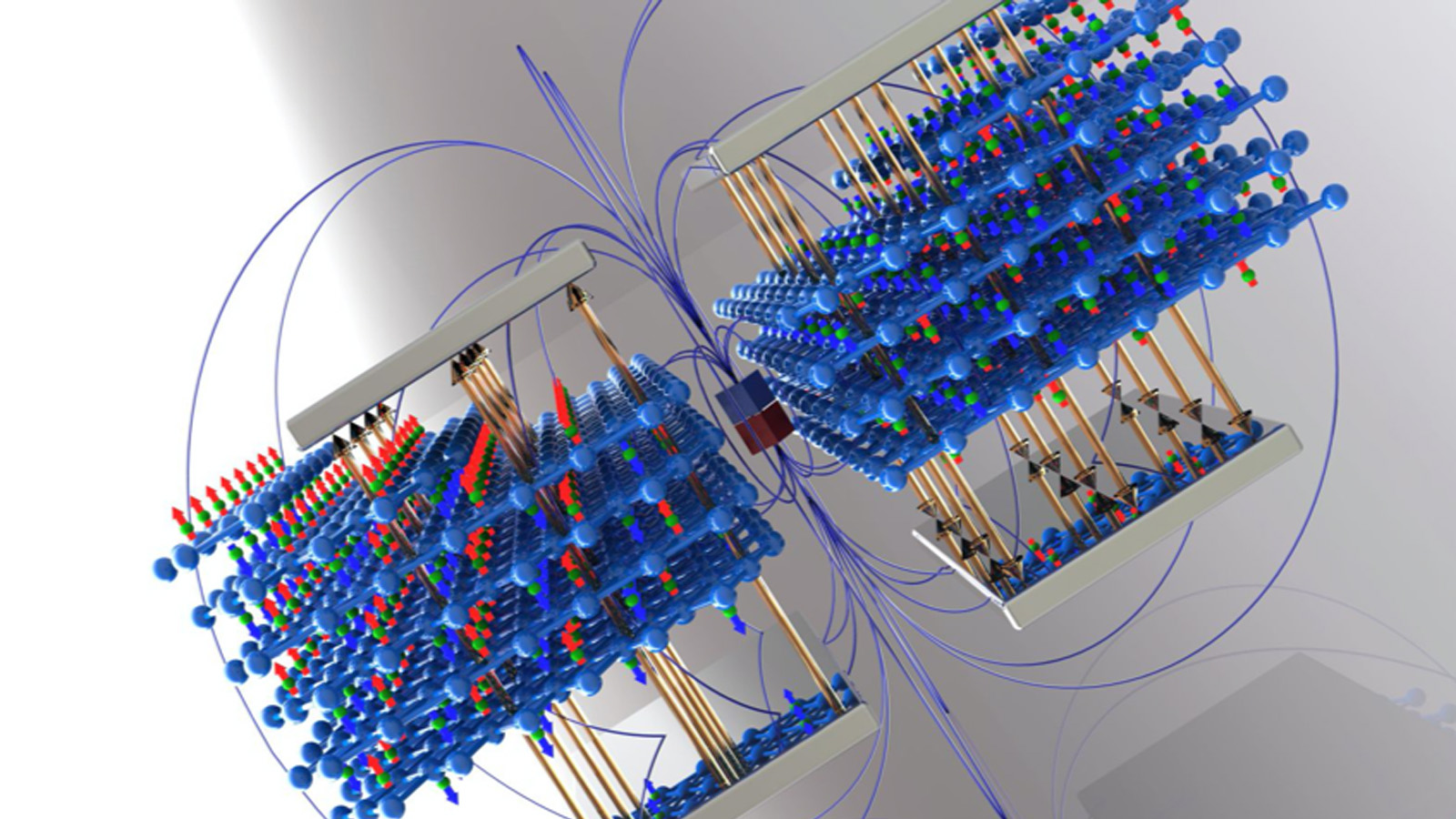The OpenACC 2.0 specification focuses on increasing programmer productivity by addressing limitations of OpenACC 1.0. Previously, programmers were required to use structured code blocks to control when to transfer data to or from the device, which limited the applications that could quickly be accelerated without major code restructuring. It also prevented adding OpenACC directives to handle data movement in the constructors and destructors of C++ classes.
OpenACC 2.0 provides unstructured data lifetime pragmas to make it easier to instruct the compiler to transfer data most efficiently. In today’s CUDACast, I will cover three unstructured data lifetime methods within a single piece of code. Because the example code is fairly long, I’ve uploaded the source to GitHub for you to look at.
To suggest a topic for a future episode of CUDACasts, or if you have any other feedback, please leave a comment below.









